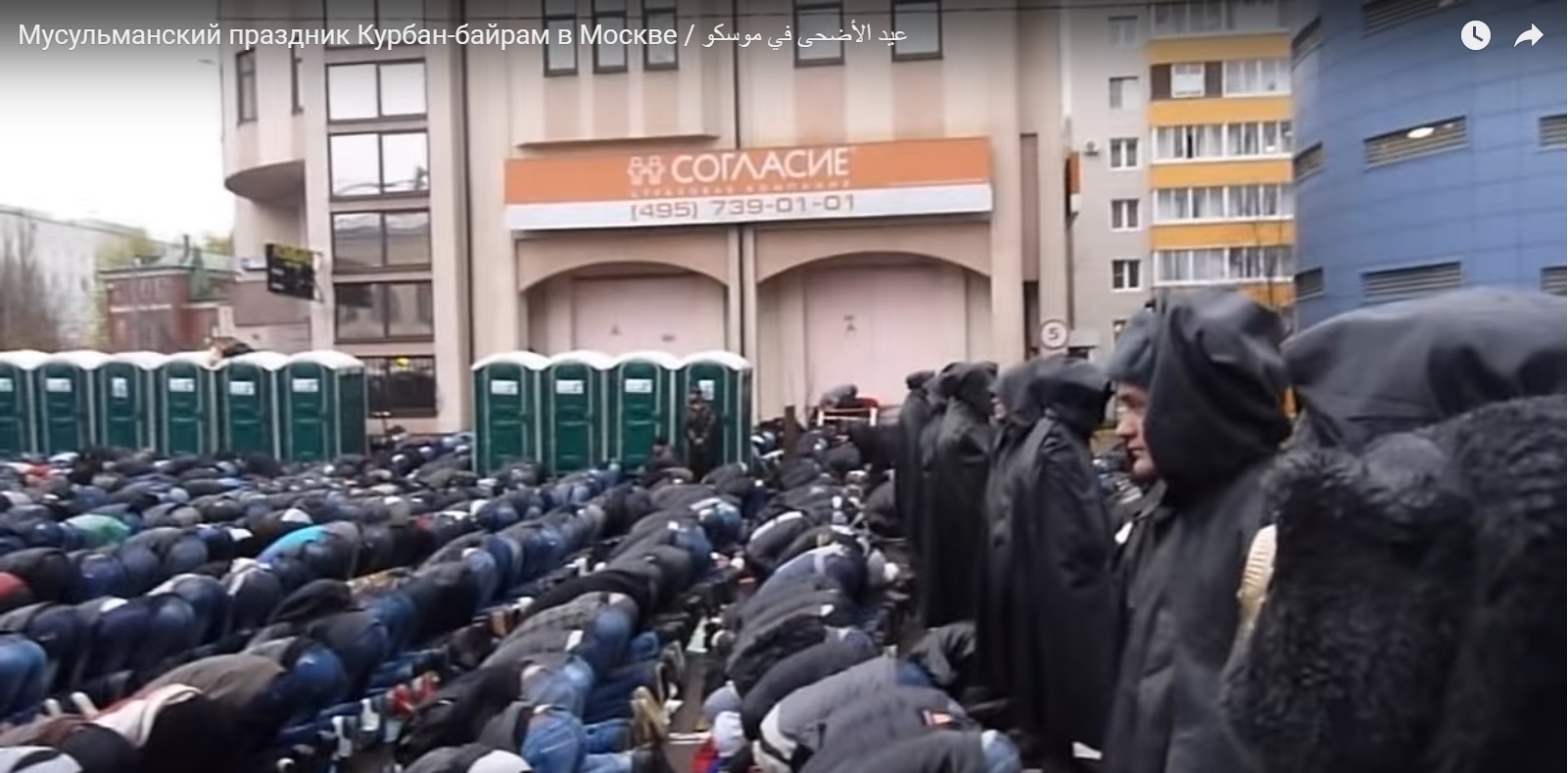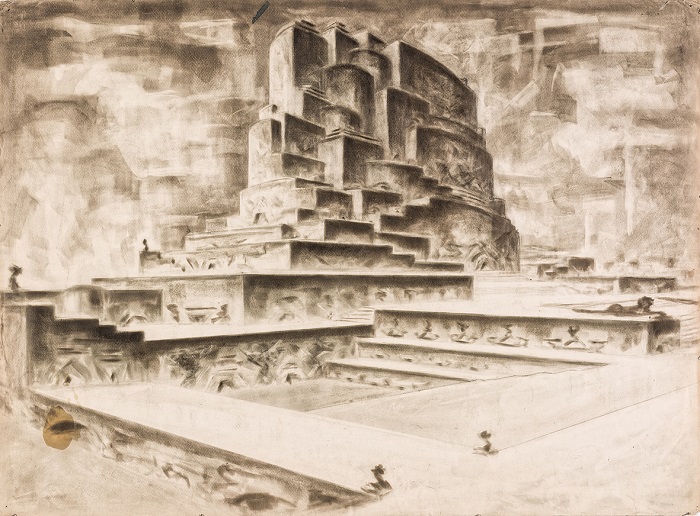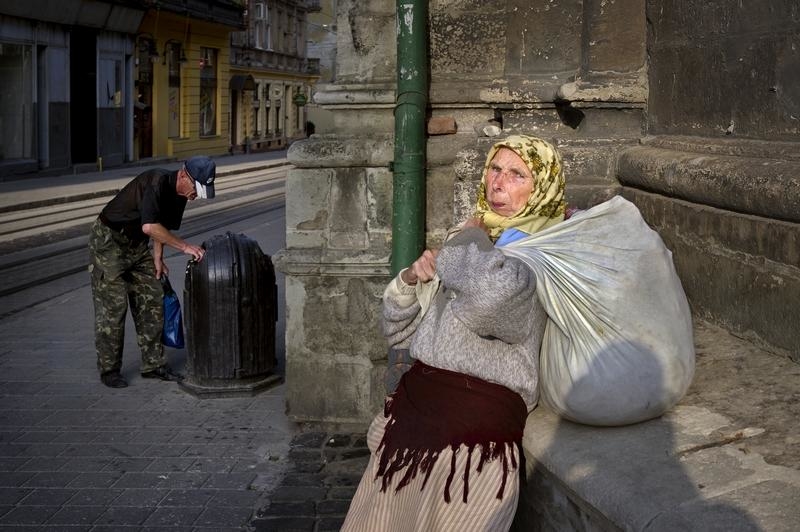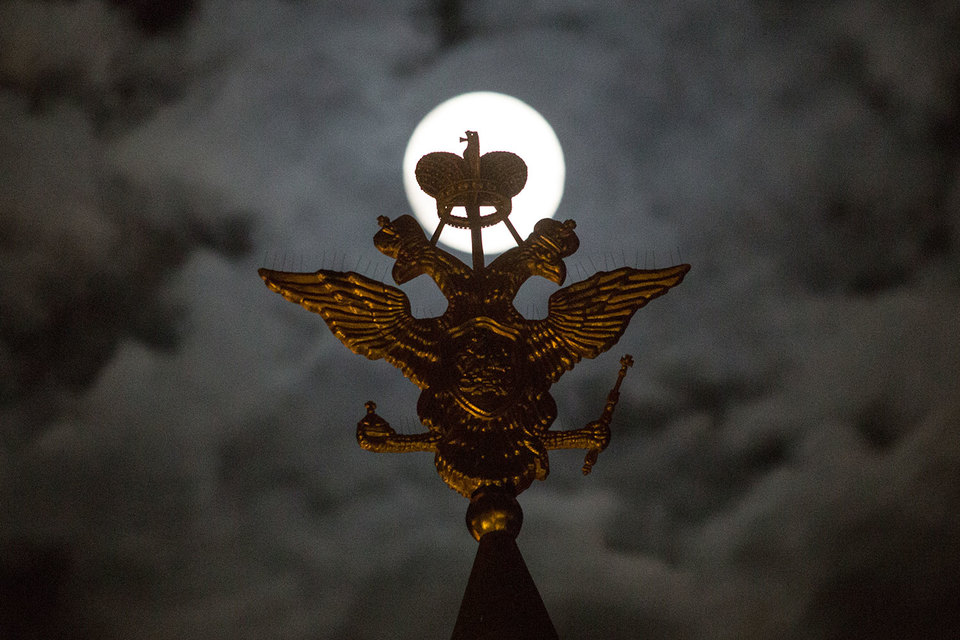The population of the Moscow agglomeration by 2035 will reach 35 million, of whom 25 to 30 percent will be Muslims,” according to experts at the Mayak Discussion Club. The city will be ever more expensive to live in and ever more uncomfortable, and taxes will go up because the oil money will have dried up.
One consequence may be a demand for greater local democracy at least in the capital but it will also mean that the capital will form a far larger share of the population of the country, well above a third, and that this along with the Muslim share will make the capital an increasingly “Asiatic” one.
The presentations of three members of the club are summarized below.
Dmitry Glukhovsky
, author of the anti-utopian novel Metro-2033, suggested that Moscow will increasingly resemble Beijing, a capitalist economy but one in which the state exercises “total” control over the population.
There are already 160,000 video cameras in operation in the Russian capital. By 2035, the novelist says, there will be far more; and the state will be able to track “every move” of every citizen.
Sergey Gorigorov, described as a politician, also described an anti-utopia, a city of 50 million people living in high-rise apartment blocks and allowed to travel to the center of the city only occasionally. At the edge of this agglomeration, he suggests, will be areas dominated by Islamists who will impose sharia law.
And Pavel Pryanikov
, who operates the Tolkovatel internet portal, suggested that Moscow will be less the Asiatic city other speakers projected than “a peripheral European” one like Istanbul, Buenos Aires or Mexico City.
He said that he would talk about the future only in terms of a continuation of current trends.
First of all, Russia “will remain a raw materials exports and highly centralized, and Moscow as now will be the main center of money, attractive work, knowledge, medicine, and entertainment.”

Its population will continue to grow but the amount of new housing won’t keep up. As a result, prices for apartments will rise; and taxes on property will as well. Because these will be paid by the population directly, Muscovites will demand a more immediate say in how they are spent by insisting on more democratic forms of governance.
Pryanikov said that one of the most important changes will be the composition of the city’s population.
Because two-thirds of gastarbeiters will settle in Moscow, the city will have as many as five million Central Asian residents by 2035. Together with Muslims already there, they will boost the Islamic share of the city’s population to 25-30 percent.
As a result, Pryanikov continued, “we shall see then their growing role in the life of the city: the appearance of Muslim districts, life according to sharia law, new mosques [there are only six officially registered ones now], and medrassahs as well.”

But perhaps the most important trend he mentioned was the rise of voluntary mobility especially among older people. By 2035, there will be retirees without pensions and they will make ends meet by selling their Moscow apartments, buying two or more elsewhere, living in one and renting the other to make ends meet.
In other comments, he suggested that “the quality of social relations in the city will improve,” with declines in the amount of crime and alcoholism and a rising life expectancies, “the result,” he says, “of the conscious responsibility of citizens for their own lives” rather than of any action by the state.
Unfortunately, Pryanikov concluded, the consequences of this will not be good for the rest of Russia: There like in many countries of “the Second world,” life will be concentrated in the megalopolises, “and the remaining territory will be viewed only as places to get raw materials or for simple agricultural and industrial production.”
Related:
- Moscow planning to send 60,000 Muslim troops to Syria, Saudi newspaper says
- Russia considering introducing Islamic banking to get around Western sanctions
- ‘Islam is changing Russia rapidly and profoundly,’ Polish writer says
- Putin’s policies make clash of Orthodox and Islamic civilizations in Russia more likely
- Putin using all means against the West – including Islamist terrorism – Piontkovsky says
- Moscow heavily involved with ISIS and other terrorist groups, Ukraine tells NATO
- Stalin starved populations to death to russify Ukraine, North Caucasus and Kazakhstan, statistics show
- How well off is the average Russian, anyway?






